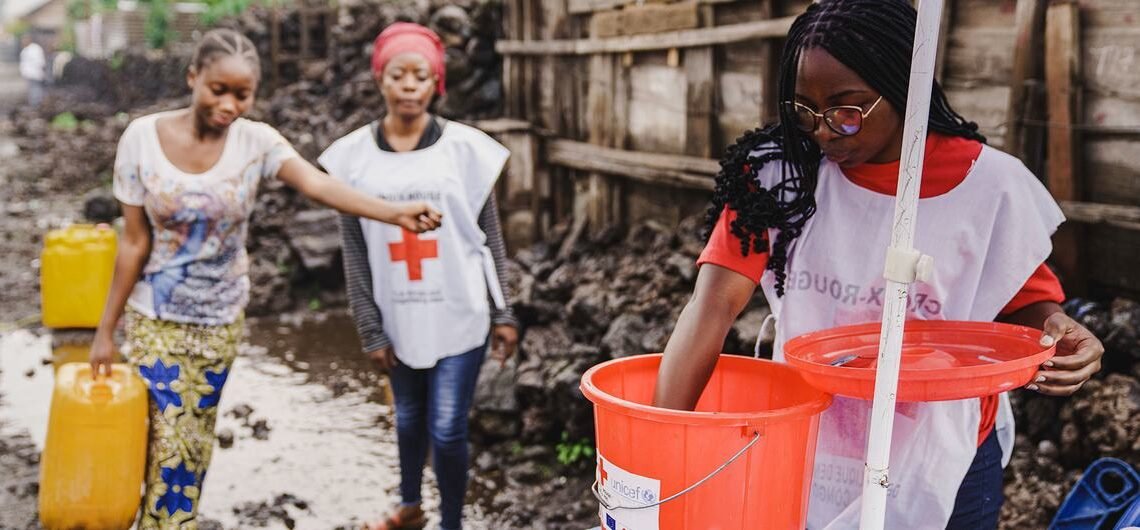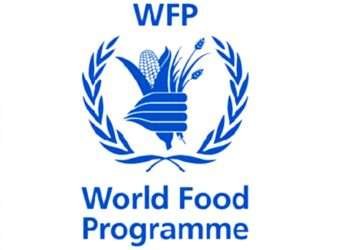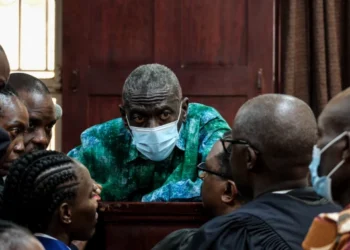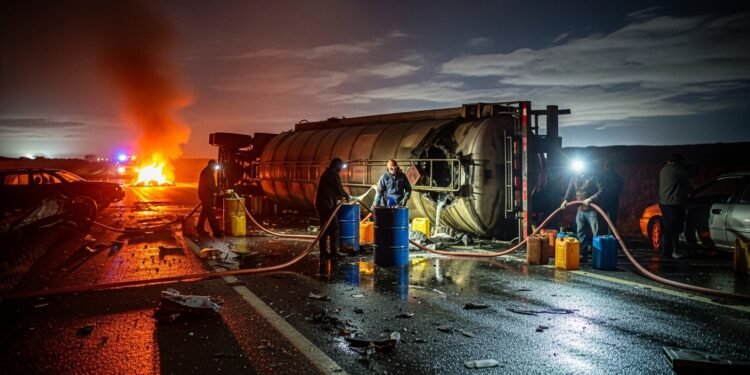An alarming rise in cholera cases across West and Central Africa is putting an estimated 80,000 children at serious risk, the UN Children’s Fund (UNICEF) warned on Wednesday, as the rainy season sweeps through the region and intensifies conditions for transmission.
“The heavy rains, widespread flooding, and the high level of displacement are all fuelling the risk of cholera transmission and putting the lives of children at risk,” said Gilles Fagninou, UNICEF’s Regional Director for West and Central Africa.
Cholera, a highly infectious diarrheal disease caused by contaminated food or water, can kill within hours if left untreated. Although treatable through oral rehydration solutions and antibiotics, the disease continues to claim lives, especially among young children who are more vulnerable due to poor sanitation, unsafe water, and increased risk of severe dehydration.
The Democratic Republic of the Congo (DRC) and Nigeria are currently at the center of the region’s cholera outbreaks, raising the specter of cross-border transmission to neighboring countries.
The DRC is facing the most severe outbreak, with over 38,000 confirmed cases and 951 deaths reported in July alone. Children under five now make up nearly 26 percent of these infections. Without swift and comprehensive containment measures, UNICEF warns that the country could witness its most devastating cholera crisis since 2017.
Kinshasa, the DRC’s capital, is one of the hardest-hit cities. In recent weeks, torrential rains and widespread flooding have driven a sharp rise in cases, overwhelming health facilities and pushing the fatality rate to a troubling 8 percent.
Nigeria follows closely behind, reporting 3,109 suspected cases and 86 deaths as of the end of June. The disease remains endemic in Nigeria, where recurring outbreaks have tested the resilience of the country’s healthcare infrastructure.
“We are in a race against time, working hand in hand with the authorities to deliver essential healthcare, safe water, and proper nutrition to children already at risk of deadly diseases and severe acute malnutrition.”
Gilles Fagninou

Children At Risk Across The Region
Gilles Fagninou stressed that young children, who already suffer from weakened immunity and nutritional deficiencies, are at heightened risk during such outbreaks. Beyond the DRC and Nigeria, other countries in the region are also grappling with cholera epidemics.
Ghana has recorded 612 cases as of late April. Côte d’Ivoire reported 322 cases and 15 deaths by mid-July, while Togo documented 209 cases and five deaths as of late June. Chad and the Republic of Congo are battling similar outbreaks.
In addition, several countries, Niger, Liberia, Benin, the Central African Republic, and Cameroon, remain under close watch due to their high vulnerability to cholera spread.
UNICEF is ramping up its response to contain the outbreaks. The agency has delivered critical health and sanitation supplies to treatment facilities and impacted communities. Cholera vaccinations have been deployed in targeted areas, while public education campaigns aim to promote early treatment-seeking and improved hygiene.
“Together with an array of partners, we are strengthening community engagement and extending our reach to remote and underserved areas, making every effort to ensure that no child is left behind.”
Gilles Fagninou
However, funding gaps pose a serious challenge. UNICEF West and Central Africa are urgently appealing for $20 million in the next three months to sustain and expand its support across health, water, sanitation, and risk communication programs.
As such, as the rainfall continues and infrastructure remains stretched thin, the window to act is closing. UNICEF and its partners say swift international support is vital to prevent further tragedy and save the lives of tens of thousands of children in the region.
READ ALSO: Namibia’s Upstream Petroleum Review Targets Youth Empowerment and Investment























